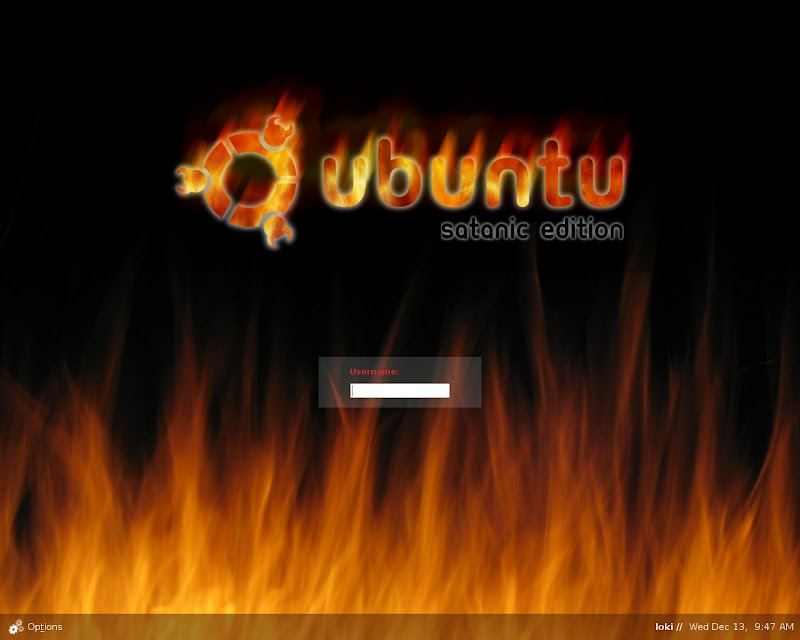Dell made a great choice when selecting Ubuntu as the operating system for their Linux PCs. Offering Linux on PCs has always been a bit tricky since there are so many vendors. Other companies, like Red Hat or Novell might be good choices for the server, but Ubuntu seems to have a better solution for the consumer desktop. Custmers will even be able to get support from Mark Shuttleworth’s Canonical.
With so many people disillusioned with Vista, the time might be right for a bigger push toward desktop Linux:
Dell, suffering market share losses to top PC seller Hewlett-Packard, is trying reinvigorate its direct ties with customers, an approach that long has been the company’s hallmark. Linux-based PCs was an “overwhelming” request from the IdeaStorm site, Cook said.
“We heard loud and clear from customers that they wanted this,” Cook said. And of those who wanted Linux, “80 percent came back and said Ubuntu,” Cook said.
Dell began selling Linux PCs in 1999 and added laptops in 2000. But in 2001, Dell reversed course, canceling the Linux PCs because of insufficient demand. Today, Dell certifies Red Hat or Suse Linux for use on some business-oriented PCs, but except when larger customers place custom orders, customers must install the operating system themselves.
This time, things are different, Cook said.
“We think great strides have been made since 2001,” Cook said. “Linux has evolved to a point where there is something available for consumers,” though Linux PCs will appeal mostly to a Linux enthusiast market that’s more limited than that for Windows Vista. (Quote from Stephen Shankland at CNET)
